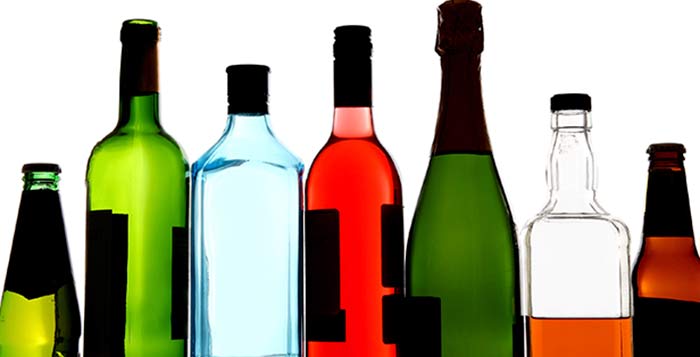Sales of illicit alcohol have fallen by nearly a third according to newly released information from HMRC, collecting an additional £500million in tax.
From 2014-2015 the illicit market accounted for nearly £1.9billion in evaded VAT and duty, this fell to £1.3billion in 2015-2016.
The largest decrease was the spirits market share held by counterfeit and duty evaded goods, which decreased by 50% to just 6% of the market, bringing in an extra £320million in taxes.
The beer market share held by the illicit trade is now 12% – a 20% reduction compared to the previous year.
Illicit wine sales remained stable, still accounting for 3% of all wine sales.
Beer remains the largest sector for VAT and Duty evasion, with HMRC estimating that it currently misses out on £750million in tax, more than wine and spirits put together.
The announcement by HMRC represents a major turnaround in the fight against the illicit alcohol trade. It is the first time since 2012 that illicit wine and beer market share has fallen and the first time since 2011 for illicit spirits.
Asked to explain the fall in illicit alcohol sales, HMRC said additional funding in 2015 played a part. It told Retail Express: “This led to the introduction of a national alcohol control room and mobile taskforce to allow us to strengthen our ability to intercept illicit alcohol. We also launched the Alcohol Wholesaler Registration Scheme (AWRS) on 1 January 2016.”
While the stats refer to a period before the rollout of the Alcohol Wholesaler Registration Scheme was live for retailers, Better Wholesaling editor Martyn Fisher said it was likely to have played a part: “Wholesalers began signing up to the scheme at different times in 2016 and it would have had an effect on the illicit trade before it was up and running.”
Speaking to Retail Express last week, Booker Wholesale CEO Charles Wilson said: “We’re seeing a move to get a grip on the market those illicit traders exited but we are still seeing deals that are too good to be true and retailers should be careful.”
However, a spokesperson from HMRC warned that AWRS is no guarantee of the trend continuing: “Alcohol fraud is complex and as work is done to restrict, prevent and disrupt criminality, new ways of attacking the system develop. It isn’t possible therefore to assess the impact of AWRS in isolation on next year’s stats.”



Comments
This article doesn't have any comments yet, be the first!